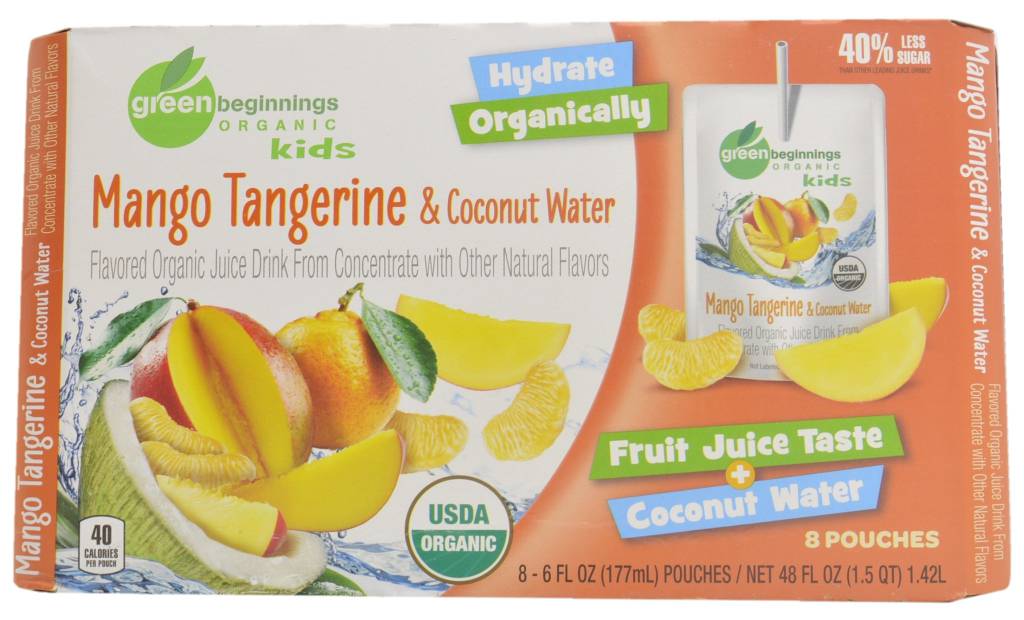-
Articles + –
New study could further damage juice's reputation
Juice is facing an image problem. What was once considered a healthful drink is becoming more scrutinized by consumers as the actual healthfulness of juice comes into question. In May 2017, the American Academy of Pediatrics (AAP) released a report recommending children under the age of one should not consume juice. The report states that the lack of fiber and protein, plus the caloric content of juice, may lead to weight gain. The report also cites the sugar content of juice may lead to an increased risk of cavities in children.
20% of juice buying consumers say juices have too much sugar to truly be healthy
This report comes at a time when juice brands are struggling with declining sales. According to Mintel’s Juice and Juice Drinks US 2017 report, the $19.8 billion retail juice market is forecast to grow by less than 3% since 2011. Looking ahead, the total value of juice is forecast to decline 7% between 2016 and 2021. The falling sales of juice can be attributed to consumer concerns over sugar content, as one in five juice buying consumers say that juices have too much sugar to truly be healthy. Nearly a third of these ‘sugar concern consumers’ are frequent juice drinkers compared to around 40% of all juice buyers.
Parents’ perception of juice
The recommendation by AAP may damage juice’s reputation among a key juice-buying consumer group: parents. Parents are often on the lookout for healthy options for their kids and nine in ten parents under age 45 purchased a 100% juice product in the three months to February 2017, compared to three quarters of non-parents under age 45.
While parents are core juice-buyers, many may feel conflicted about their juice purchases. Parents under age 45 are less likely than non-parents of the same age range to agree that juice is a healthy alternative to soda. While juice is high in vitamins, its low fiber and high sugar content may be driving parents to purchase alternative drinks for their kids. This may have long term consequences for the juice market if fewer kids are associating juice as a staple product.
Juice brands innovate to ease concerns
Though the entire juice market is in a slump, individual brands can make strides to appeal to concerned parents. For example, two out of five parents under age 45 find reduced sugar juices appealing. Alternatively, brands can proactively make the switch to using the new nutritional labels which display added sugar in addition to total sugar; parents can then see that while 100% juice may be high in sugar, it comes from the natural sugars within fruits.
Juice brands can also bring the hybrid beverage trend to kids’ drinks. For example, Green Beginning Organic Kids is a brand that specializes in organic juice /coconut water drinks for kids.
Juice remains a common household beverage for the majority of Americans. However, it is slowly losing sales to other fast growing beverage categories, such as bottled water, tea and non-dairy milk. Juice brands can combat the perception that juice is too high in sugar by highlighting the natural health benefits of juice and by embracing the growing trend of hybrid beverages.
Caleb Bryant is a Senior Foodservice Analyst at Mintel. Caleb authors reports focusing on changing consumer attitudes, industry news and flavor/ingredient trends within foodservice.

Caleb Bryant is Associate Director, Food & Drink at Mintel, specializing in changing consumer attitudes, industry news and beverage trends.
-
Mintel StoreGet smart fast with our exclusive market research reports, delivering the latest data, innovation, trends and strategic recommendations....View reports
-
Mintel LeapMintel Leap is a revolutionary new AI-powered platform that will transform your research process....Book a demo








































